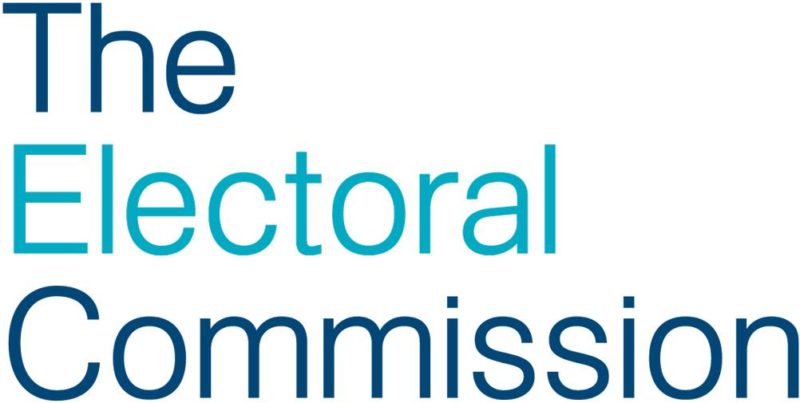Vicky Foxcroft MP for Lewisham Deptford & Shadow Minister for Disabled People
Thank you for contacting me over your concerns about proposals contained in the Government’s Elections Bill. I voted against the Bill at Second Reading on 7 September 2021, and again at the Third Reading on 17th January. Unfortunately, the Bill was passed by the Commons by 325 to 234 votes and will now pass to the House of Lords.
I believe we need to encourage more people to participate in our democracy and not erect unnecessary barriers which make it harder to do so. Like you, I am concerned about the Government’s plans to limit the powers of the Electoral Commission. In my view, it is not for any government to dictate the priorities of an independent watchdog into elections. I believe there are already adequate provisions in place to ensure the Commission is accountable to Parliament. The Opposition opposed the Government’s proposals when they were debated in the Public Bill Committee scrutinising this proposed legislation.
Changing the voting system for elected mayors, from the transferrable vote system used to elect the Mayor of London and Greater Manchester among others, to First Past The Post, was a move that could, in the future, give Conservatives a significant advantage in races where multiple left wing and liberal candidates run.
I believe that anyone who lives in a local area and uses public services should have a say in how that area is run. With regard to the rights of EU Citizens, previously guaranteed under EU Law, to vote in local elections, I would like to see measures to ensure that citizens from EU member states that already unilaterally grant local electoral rights to British citizens resident there are granted local electoral rights in England and Northern Ireland, regardless of whether the UK has negotiated a bilateral treaty with that country. I note, with regret, that the Government has not taken this view.
I share your concern over the plan to make it compulsory to show ID at a polling station by 2023 for local elections in England and UK General Elections. Ministers claim this will make these elections more secure by preventing in-person voter fraud. However, the Government’s own findings show our current voting system is safe and secure. The independent Electoral Commission says there are “low levels of proven electoral fraud”. In 2019, for example, there was one conviction and one police caution for someone impersonating another voter.
Moreover, millions of people lack photo ID in this country, particularly elderly, low income, and Black, Asian and ethnic minority voters. The Equality and Human Rights Commission (EHRC) wrote to the Cabinet Office in 2018 to express concern about this. More recently, I know that 17 leading civil society groups – including some in the United States of America – have called these proposals ‘dangerous’ and urged them to be dropped, because of the potential discriminatory impact. We must not be placing restrictions on people’s right to vote.
Lastly, I worry that the measures in the Bill to allow overseas donors to fund political parties beyond the current fifteen-year limit will create a dangerous loophole in electoral law. At the same time as these rules are being relaxed, the rules governing campaigning by trade unions and charities are being tightened. In my view, these clauses are an attack on freedom of speech and association and undermine the independence of third sector organisations who are a vital voice for marginalised people in our elections.
Thank you once again for contacting me about this important issue.

